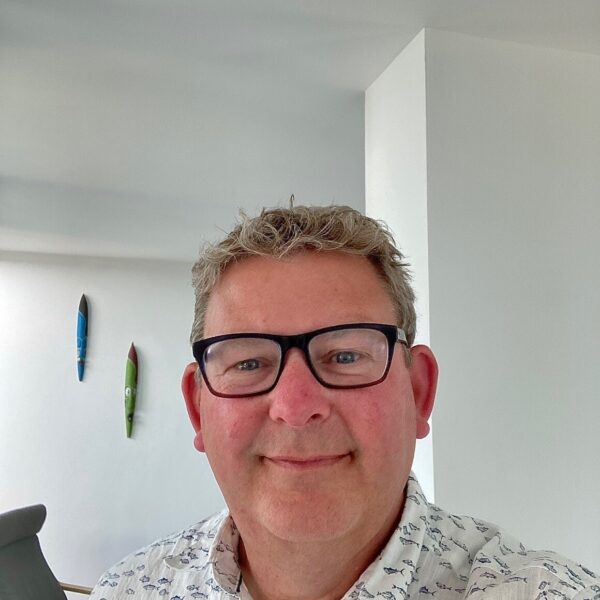News
Net Zero Week 2022: Addressing sustainability means cultural change
4 Jul 2022

John Thornberry
Associate Director - Sustainability & Energy
As a firm, we identified that for sustainability to be at the heart of our multi-disciplinary practice, directly informing what we are and what we do, a cultural change was required. To ensure that sustainability forms an integral part of our core business objectives, we have committed to becoming a Net Zero Carbon business by the end of this year.
While strong areas of sustainability expertise already exist within our practice disciplines to advance this change, we are implementing a pan-company sustainability training strategy for all 600 staff across our 15 UK offices. This initiative covers not only Design Services staff but Management Services and Group Services too, reinforcing that a sustainable approach must cover all aspects of the business.
John Thornberry, a Chartered Architect, RIBA Client Adviser and Business Transformation consultant with 30 years of sustainable design experience, was brought in as a Sustainability Consultant to develop sustainability initiatives and training practice wide. This includes responsibility for increasing staff knowledge and understanding, developing strategies for implementation for cultural change and practically inputting into project teams.
This was initiated with an all-staff Sustainability Survey to understand the level of existing knowledge and experience within staff, gained in Pick Everard’s work and former practice roles. These survey findings confirmed there is already strong staff interest to learn more about sustainability and implement this through their work. It was also discovered that latent staff sustainability skills and qualifications exist, which could be utilised to a higher level.
Whole-practice sustainability training has been started with Passivhaus training. John has considerable practical experience in designing Passivhaus projects using different construction methods, including designing and self-building his own house. This upskilling is being provided in stepped training levels, with Level 1: Passivhaus – Foundation training already rolled out to all staff.
In addition to this, a number of our staff have achieved their Certified Passivhaus Designer qualification and are implementing informed and measured ‘Fabric First’ design principles through the projects.
Level 2 Passivhaus – Commercial and Management training is following on in parallel with Level 3 Passivhaus – Technical Design training. Level 2 covers; project management, client engagement and business development, sustainable briefing, project programming, risk assessment and resource/ fee management, all needed to successfully implement more sustainable projects.
These areas address an equally important change to established practice, integrating greater sustainability decision-making, providing the management framework to achieve more considered sustainable opportunities in the implementation of profitable business practice and project design. Strategically, new sustainability initiatives are looking at opportunities across the company’s policies, such as business travel, encouraging cycling, use of EV cars, purchasing and potentially ethical pensions.
To embed sustainability within the practice teams, 32 Sustainability Champions roles have been created throughout the multi-disciplinary company, including representatives in the IT, People and Culture, Strategic Development, Compliance and Performance, and Accounts support teams. The role of these Sustainability Champions is to act as a catalyst within their business areas, actively promoting sustainable methods of working, disseminating information from, and contributing best practice back to the to the wider Sustainability Champions group. What is encouraging is that already staff are now offering suggestions on how they can play a part in sharing their sustainability knowledge across the wider business.
John Thornberry said: “Of course, cultural change to integrate more sustainable practices goes beyond just the practice’s operations, it needs to provide opportunity for staff as individuals to take responsibility to make their own more informed sustainable choices. This is being facilitated through the provision of a new companywide intranet Staffroom channel ‘Sustainable Living’. In this channel, practical information is posted and staff ideas exchanged on sustainable life choices, covering a range of current topics and ideas. Sustainability Social Value initiatives are following on as Pick Everard staff continue their giving back to the communities and projects they work in.
“In ‘Net Zero Week’ it is important to reflect that creating a more sustainable world starts with ourselves deciding to act on more responsible choices. Through a strategic driver to be more sustainable, backed up by tangible actions, we are making positive steps to transform our business practice and staff actions through actively facilitating a positive cultural change.”